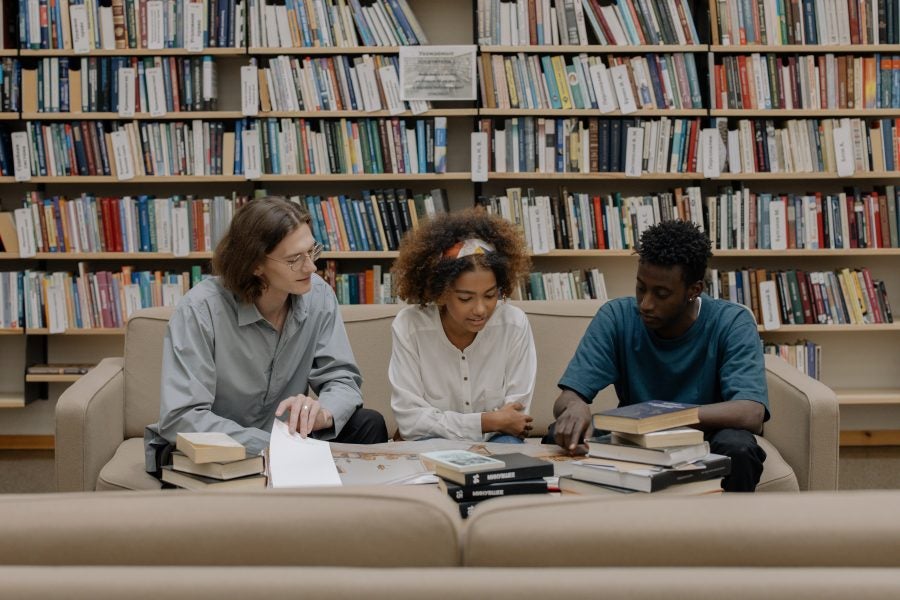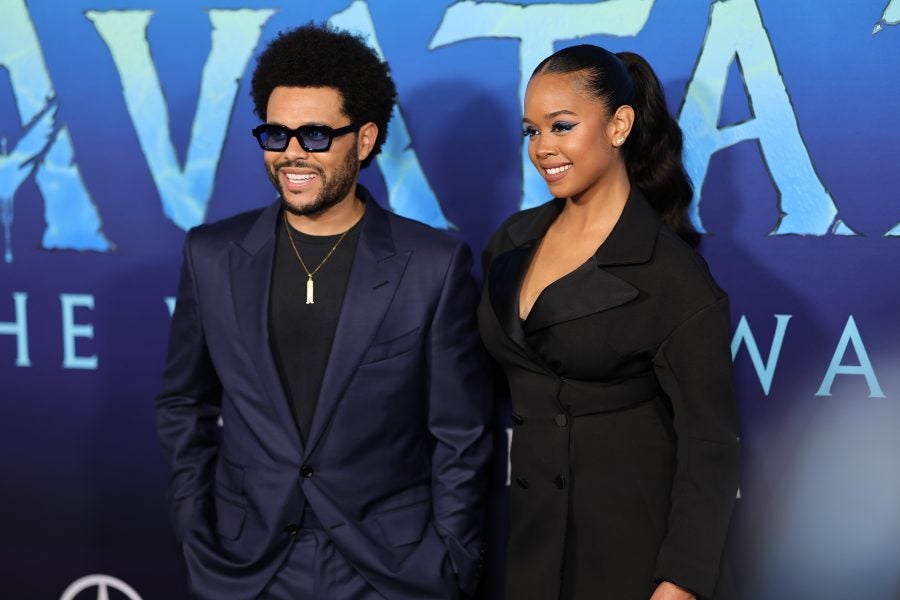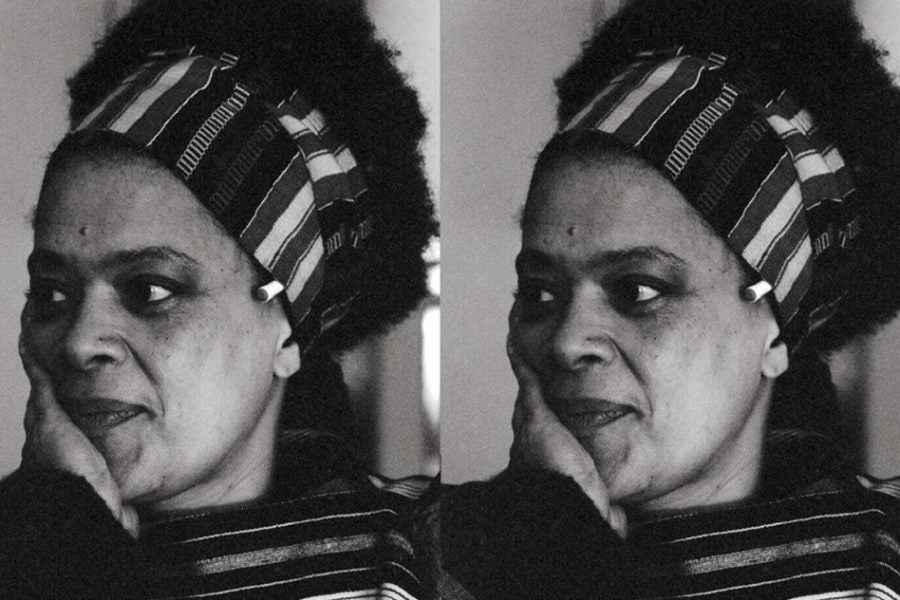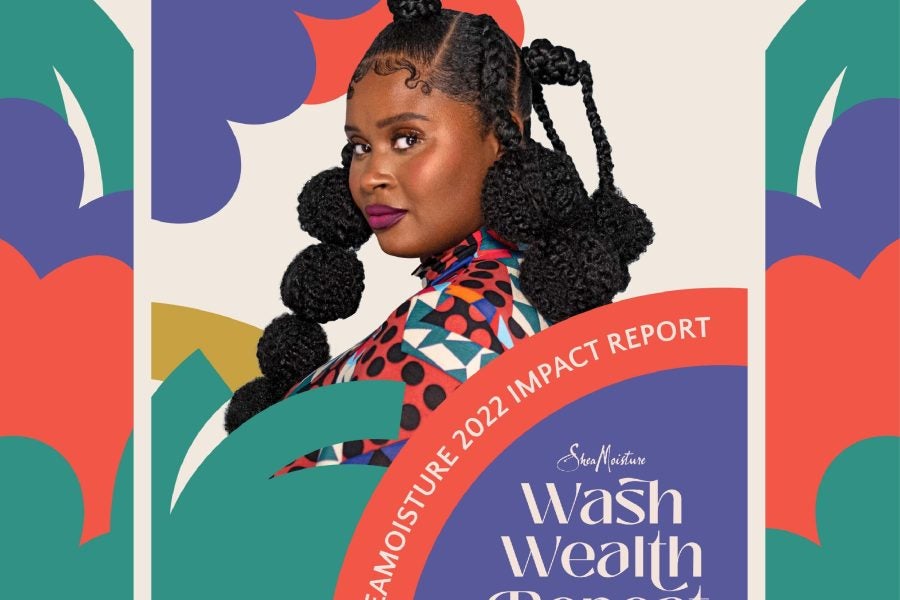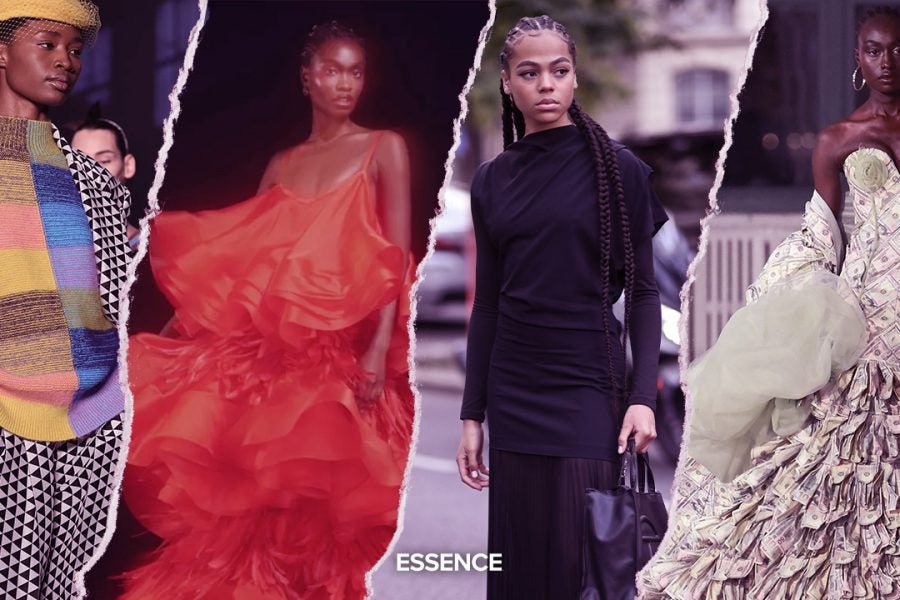
Growing up in New Orleans, hurricane season meant days off from school, evacuation as a quick trip, “riding out the storm” with hurricane parties, and everyone stocking up on food, sandbags, flashlights, and liquor (because, New Orleans). We’re a people that have historically lived by and with water–surrounded by it and brought to and through it. We grew up hearing stories of Hurricane Betsy from our grandparents and experienced flooding, wind damage, and power outages in years past, but Hurricane Katrina was something that even our worst nightmares couldn’t conceive.
One person’s nightmares did–in June 2005, I visited the Walmart in my New Orleans East neighborhood and overheard an employee outside hollering, “God told me in a dream that a terrible storm was going to hit New Orleans and wipe out The East!” My godmother quickly shuffled me inside and we shrugged it off as, “he must be crazy.” Two months later, that terrible storm devastated New Orleans and stripped my pre-Katrina neighborhood of everything that I knew it to be. The moment that weatherman Bob Breck anxiously said on the airwaves that it was time to go, we packed up to leave. I didn’t think of that cryptic prophecy until we were several hours into evacuation traffic, trying to make it out of the city. There were no iPhones or social media back then to offer instant communication or resource sharing; only printed MapQuest directions and Mariah Carey’s The Emancipation of Mimi CD to ease the ride.
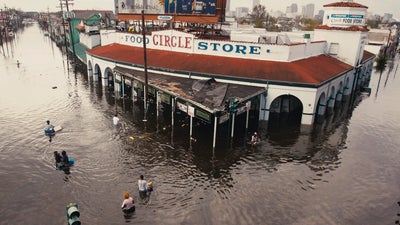
After months of city to city, hotel to hotel, we settled in Lafayette, located two hours outside of New Orleans. I first experienced survivor’s guilt at nine years old, not fully understanding the gravity of Katrina until I saw on TV that my home, my people were underwater. I internalized the worry and anxiety of my parents who tried to shield me from as much as they could. I will never forget the way that people spoke about us or how the media depicted us. The question, “what radicalized you?” makes me think back to that infamous image of the 43rd President of the United States looking down on New Orleans from Air Force One, flying over in its time of need. When Lil Wayne released the Dedication 2 mixtape in 2006, the song Georgia Bush felt like a battle cry. Hurricane Katrina still is one of the most horrendous unnatural disasters, government failures, and example of environmental racism to ever happen on American soil.
I was eager to return home once residents were finally allowed to enter the city, but all innocence was lost after realizing that there wasn’t a house to return back to. Six feet of water took away my childhood, what my family had worked hard for, and all that was left below the water line. Systemic failure, gross negligence, and anti-Black racism left my people for dead, on roofs for days, and with guns drawn on them.
Although the hurricane split my memory into “before/after the storm” and changed the trajectory of my life, family, and community forever, I still never felt as if I had a “Katrina story” to share, having evacuated and recognizing the privilege in being able to do so. That changed when my friend and filmmaker Edward Buckles Jr. began asking the question that was long overdue–“what about the children?” in response to the trauma and violence amongst youth and aggressive gentrification in New Orleans. His HBO Original Documentary and award-winning Katrina Babiesis a raw, first-person account of the trauma we faced as children and the impact it continues to have on our lives and city. It is seven years in the making, a labor of love by a New Orleans native, with an intentionality that couldn’t have been captured from the outside.
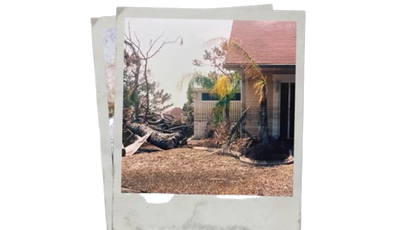
As a subject in the film, I was able to verbalize my Katrina story for the first time. It allowed me to conceptualize the importance of our neighborhoods and impact of displacement on our livelihoods. Katrina Babies challenges the assertion of ‘resilience’ and rectifies the narrative of Black New Orleans youth, while carving a pathway towards healing what we all carry individually and collectively across the African diaspora.
Post-Katrina New Orleans as a tourist destination is often misrepresented as a city up for grabs, needing to be saved from itself, and existing solely for the entertainment of visitors. But when looking to New Orleans for a good time, remember to look to us as the experts of our own stories and the catalyst for what collective healing and rebuilding can and should be, as injustices persist and climate continues to change. As Buckles expressed at the film’s New Orleans premiere over the weekend, “this is not entertainment, this is impact.”
Katrina Babies premieres on HBO and available for streaming on HBO Max Wednesday, August 24.

